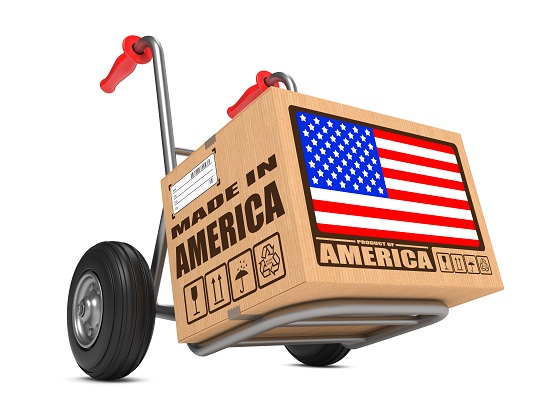
The United States lost plenty of manufacturing jobs, and reshoring isn’t bringing them back. So how can we bring back American manufacturing jobs?
Tax breaks
Senator Mark Warner has introduced a bill that would provide a 40% investment tax credit for qualified semiconductor manufacturing costs. This may sound good, but Jeff Farry points out in Industry Week that semiconductors don’t pay much in taxes now anyway.
Nvidia, they point out as an example, paid 2.6% tax on its pretax profit of $2.94 billion this year. It’s hard to beat that.
Several countries are offering free land, preferential loans, and training or infrastructure support. This kind of direct financial support provides more real-world benefit for microchip companies than tax breaks.
Undoing specialization
The COVID-19 pandemic has brought to light the downside of specialization in manufacturing. A nationwide yeast shortage resulted from the fact that packaging for yeast was produced in so few facilities.
Basic generic drugs for compounding medications are made in specialized factories in China and India, and American Pharmaceutical giants don’t have sourcing alternatives.
Big investments in training and infrastructure will be needed to give the U.S. the level of versatility required to solve this problem.
Incentivizing U.S. production
So far, the government’s plans to incentivize production in the United States have mostly come down to verbally encouraging production in the United States. That’s not quite the same thing.
Unfortunately, government incentives of this kind typically end up benefiting just a few industries. It’s more a matter of picking out a few winners than of encouraging manufacturing.The U.S. Chamber of Commerce instead calls for “broadly based policies that support a more alluring climate for production and innovation across the board.”
An R&D tax credit, for example, would do more for American workers and businesses as a whole than a 40% tax credit for an industry that already pays very little in taxes.
Vocational education
U.S. schools almost completely tossed away vocational training in high school. Requiring college degrees for retail and service jobs led a generation of young high school grads into majors like psychology and history. While it is of course wonderful for someone who is passionate about history to study history, many of these recent grads weren’t passionate about studying anything.
Paid apprenticeships would have been more satisfying for these students than getting a degree in a major they chose mostly because it didn’t require math.
Having a strong enough background in math that they could choose any major would have been more satisfying for those who were suited to college.
Getting a certificate for their skills would have been more satisfying than getting a degree that qualified them to become baristas.
Infrastructure support
Over the past three decades, the United States has spent half as much of our GDP on infrastructure as other industrialized nations. The results can be seen in our roads and bridges, but there’s more to infrastructure support. Roads and bridges are essential, but there are areas outside of logistics that also need shoring up. Electricity and telecommunications are the lifeblood of manufacturing.
Manufacturers also consume about one third of the energy in the United States. Innovation in the energy sector can help U.S. manufacturers be more competitive worldwide.
Assuming we make sure that infrastructure spending stays in the United States, these efforts could be helpful in jump-starting the economy after the pandemic.
President-elect Joe Biden has some specific plans to boost American manufacturing. In the meantime, if you need service or support for your Rexroth industrial drive and control systems, call us first. We’re specialists, and we can provide factory repair and reman that gets you up and running again — fast.
